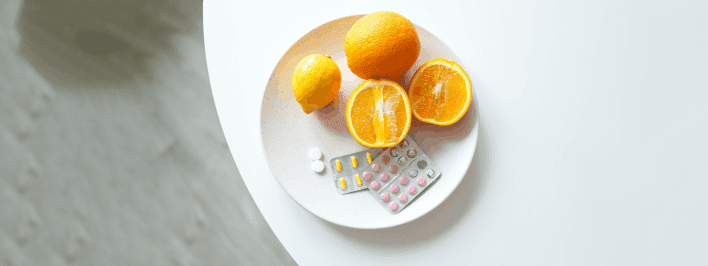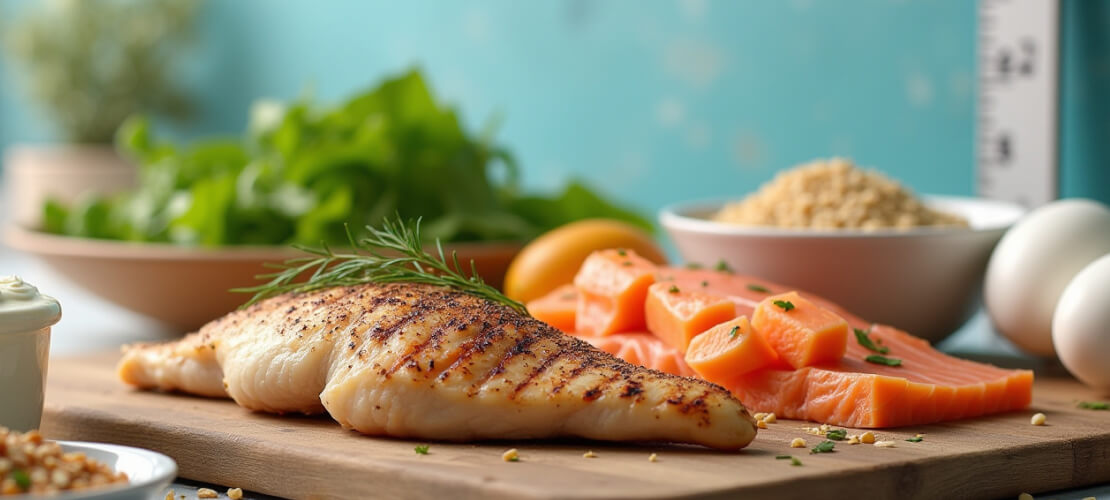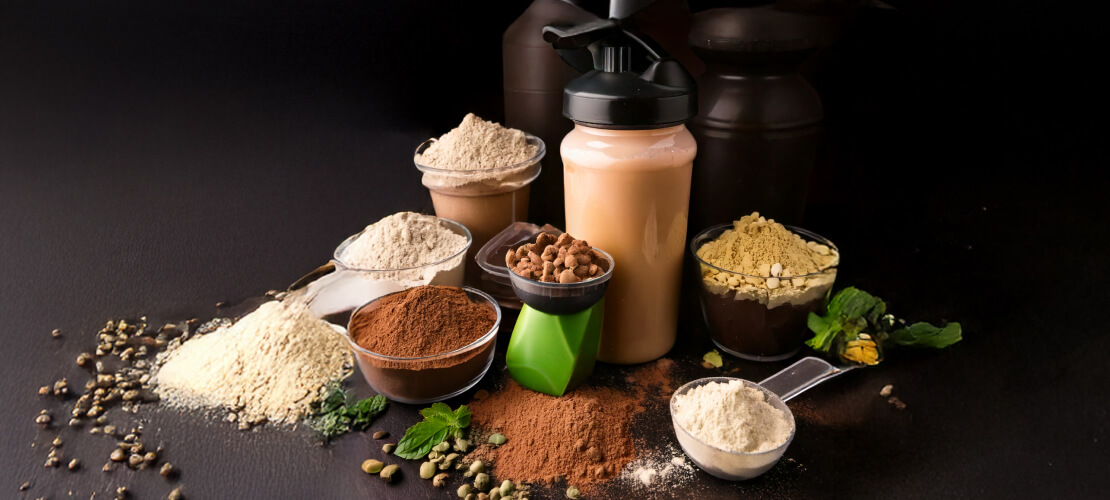What are antibiotics?
The word antibiotic means “against life”. Antibiotics are medicines that are prescribed for use against bacterial infections. They act by either killing the bacteria or preventing them from replicating at a rapid rate. Antibiotics are highly useful for the treatment of common bacterial infections like pneumonia caused by bacteria, bladder and kidney infections, skin infections, dental infections. They are however ineffective in the case of infections that are caused by viruses like the common cold, flu, most varieties of sore throat and stomach flu.
Antibiotics can be taken in many forms. They include IV infusion or drip for serious infections, capsules or tablets, syrups, drops like ear drops and eye drops, sprays and ointments like ointments for skin infections
Action of Antibiotics
Antibiotics counter bacteria by attacking the bacterial wall, interfering with their reproduction or by blocking the production of proteins in bacteria. Some antibiotics work on different strains of bacteria and are known as broad spectrum antibiotics while others target specific bacteria and are known as narrow spectrum antibiotics.
Antibiotics and their Effect on the Gut Microbiome
Antibiotics are definitely highly useful in the fight against disease. Before the advent of antibiotics, 30% of deaths were caused due to bacterial infections. These are now largely preventable due to the use of antibiotics.
One major issue with the use of antibiotics is that they affect not only bad bacteria but also the good bacteria in the gut. At least 10% of people who take antibiotics experience side effects like nausea, vomiting, diarrhoea, bloating, loss of appetite and abdominal pain.
A study conducted in 2008 by Relman and colleagues found that the use of the antibiotic, ciprofloxacin, reduced the abundance of bacteria in the gut by one-third. This affects the diversity and richness of the gut microbiome. Although most bacterial groups returned to normal, even after a period of six months, several species of bacteria failed to return to their normal levels.
This lack of ability to distinguish between good and bad bacteria can have lasting effects on the gut microbiome. It can lead to overgrowth of bad bacteria like Clostridium difficile in the long term. An individual’s metabolism and immune system can suffer damage to the point where it causes many autoimmune, inflammatory and allergic diseases.
A study in which mice were given antibiotics showed that they were more prone to type-1 diabetes and had lower levels of anti-inflammatory T cells. Another study which tracked children who had taken antibiotics in their first year of life showed that they had a higher risk of developing asthma. This risk level increased with the number of antibiotic courses that they had taken.
Thus, it is clear that taking antibiotics comes with pros and cons. We need to carefully weigh the pros and cons before taking antibiotics.
What can you do to recover from the effects of antibiotics on the gut microbiome?
- Check your gut health status: You should not resort to guesswork when it comes to assessing the damage that antibiotics might have caused to your gut. Get an accurate picture with the Gut Health test . This is a simple at-home test that takes only 10 minutes and will give you an overview of your gut health. The diversity of your gut microbiome is a pointer to your gut health. You need to take immediate action if your MyGut Microbiome Index score is low. Expert dieticians from Bione will guide you on a personalized diet and the changes you need to make to restore gut health.
- Increase intake of probiotic foods:
 Intake of probiotic foods which contain live beneficial bacteria can go a long way towards restoring gut health. This means fermented foods like yoghurt, kimchi, buttermilk and sauerkraut or taking probiotic supplements. The use of such supplements might help you recover at a faster rate in the short term. Supplements can deliver a wider array of probiotics.
Intake of probiotic foods which contain live beneficial bacteria can go a long way towards restoring gut health. This means fermented foods like yoghurt, kimchi, buttermilk and sauerkraut or taking probiotic supplements. The use of such supplements might help you recover at a faster rate in the short term. Supplements can deliver a wider array of probiotics. - Eat foods that are easy to digest: In the first few days after taking antibiotics, eat foods that are easy to digest like rice and potatoes that are easy to digest. Such foods with residual starch help to increase the number of good bacteria in the gut.
- Avoid inflammatory foods like sugar: You need to cut out all foods like sugar that can cause stomach inflammation and reintroduce them into the diet slowly.
- Eat foods with soluble fibre: Eat food with lots of soluble fibre. This includes fruits and vegetables like black beans, avocados, sweet potatoes and pears. Though fibre cannot be digested, it helps to add bulk to stool and serves as a food source for good bacteria in the colon.




